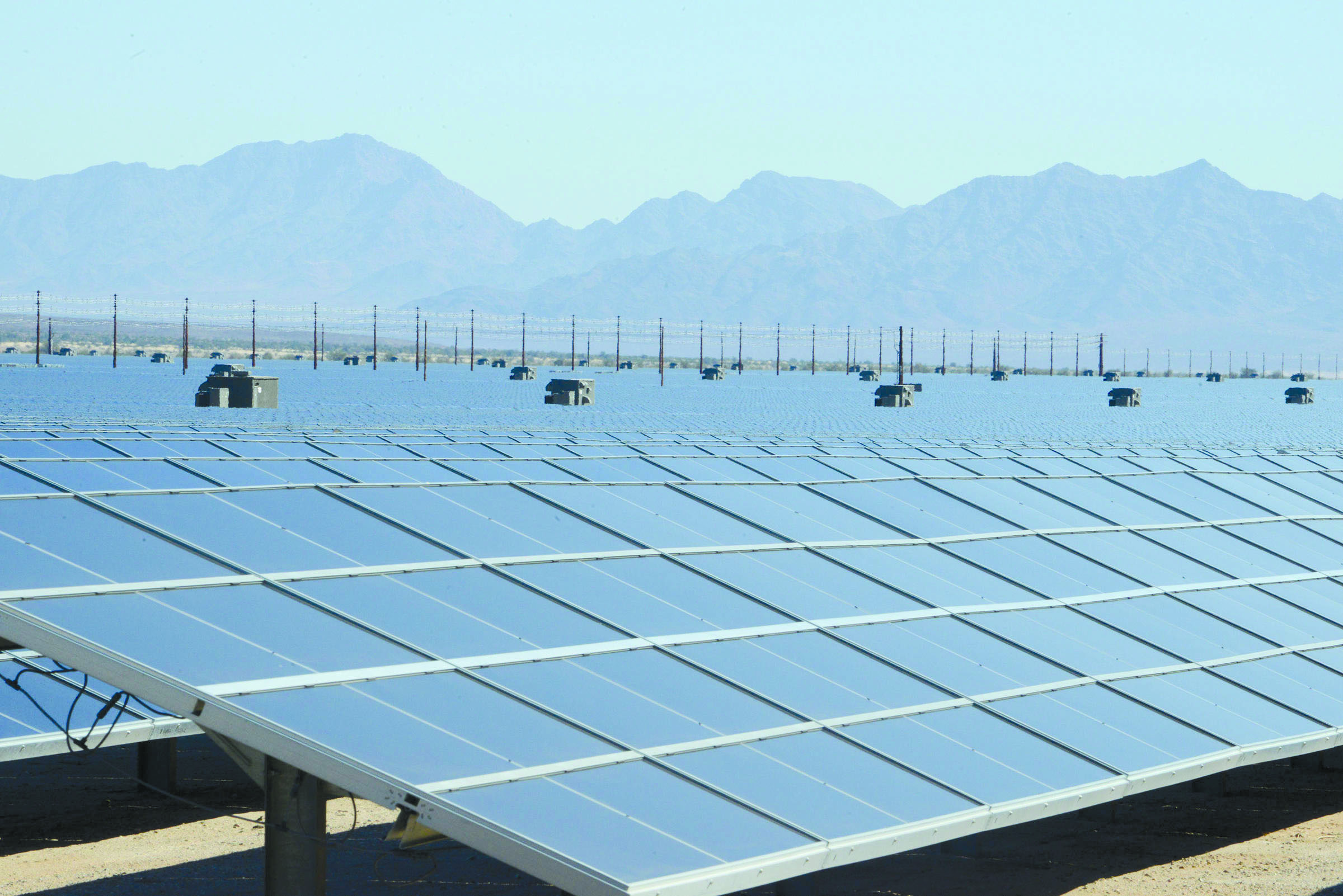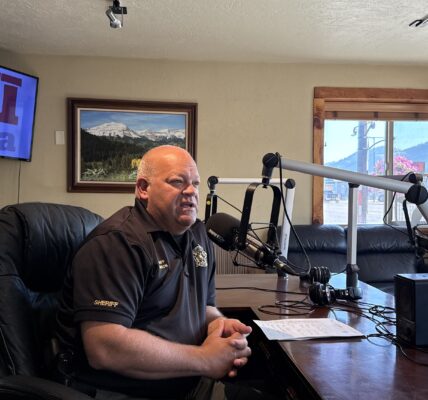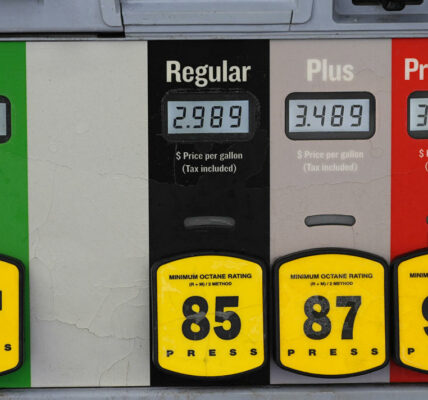A question of energy security Republicans, Democrats differ on solutions, blame for high prices

By Nicole Pollack
Casper Star-Tribune
Via- Wyoming News Exchange
CASPER — Competing ideas about how the U.S. should safeguard its energy resources continue to fuel a largely partisan debate about the value of fossil fuels compared with their low-emissions alternatives.
“Our world is facing an energy crisis that has been brought about by the Russian invasion of Ukraine,” Mark Brownstein, senior vice president of energy at Environmental Defense Fund, said at a Thursday panel discussion in Washington.
“We’re struggling to respond to that crisis,” he added, “but make no mistake about why we’re in an energy crisis today: It’s the act of an autocrat.”
Brownstein noted that the European energy shortage brought on by Russia, which the U.S. is trying to help alleviate, has added to the strain on the global economy at the same time that the effects of climate change are causing harm worldwide — including record heat in Europe and historic flooding across the U.S.
The price of oil is set internationally. Though natural gas prices tend to be regional, they’re also influenced by lasting disruptions elsewhere. Anyone who uses those energy sources is therefore vulnerable to the whims of unstable political leaders, argued Ray Mabus, former U.S. Secretary of the Navy under President Barack Obama, during Thursday’s event.
“By continuing our dependence on fossil fuels, we keep autocrats — dictators — like Vladimir Putin armed, arrogant and affluent,” Mabus said.
U.S. production of oil and gas has been slow to rebound from the pandemic. And while drilling decisions in the U.S. are made at the company level, beyond President Joe Biden’s control, Saudi Arabia, Venezuela and the remaining 11 member countries of oil cartel OPEC decide together how much oil to produce in order to manipulate its price.
Biden has called repeatedly on U.S. oil companies to increase output, and has tried in recent months to convince other major oil producers, including Saudi Arabia, to do the same, in an effort to bring down gasoline prices.
The latter move was criticized sharply by Republican leaders.
Many, including U.S. Sen. John Barrasso, R-Wyo., think the solution is to generate so much oil in the U.S. that OPEC loses its ability to influence prices, and export enough natural gas to Europe that the continent no longer depends on imports from Russia, its primary supplier.
Republicans also want the Biden administration to make more public land available for drilling and expedite the permit- ting process for new oil and gas infrastructure.
“America would be better off and more prosperous if we turned to our own energy producers,” Barrasso said in a Wednesday statement. “No cartel will save this administration from its terrible energy policies. It is high time to unleash the resources this administration keeps trapped in the ground. It is time to make America energy dominant again.”
Thursday’s speakers disagreed. They pointed instead to Democrats’ nearly $740 billion Inflation Reduction Act, which was then being finalized and has since cleared the Senate in a par- ty-line vote, and aims to facilitate the growth of renewable and low-carbon electricity sources, electric vehicles and energy-efficient buildings while reducing carbon emissions from oil and gas production.
“It’s the beginning, not the end,” Sen. John Hickenlooper, D-Colo., said at the panel. “It’s not going to solve our efforts towards addressing climate change, and create climate rescue. It’s not sufficient. But it’s a huge first step.”
The bill introduces funding for oil and gas companies to reduce how much methane, a greenhouse gas much more potent than carbon dioxide and the primary component of natural gas, escapes during extraction and transport. It also imposes new fees on the methane that is still lost or released.
According to Barrasso, new constraints are the opposite of what the embattled industry — or the rest of the country — needs. “Instead of pleading with dictators in other countries to increase oil and gas production, we should expand American production,” he said in the Senate ahead of the bill’s passage.
Paul Eaton, a retired Army major general and another panelist Thursday, argued that conserving methane at existing wells would “get the most out of what we’ve already drilled.”
State and federal regulations already cap the release of methane and try to minimize leaks. A handful of companies operating in Wyoming have taken things further. In November, the United Nations commended Jonah Energy’s efforts to measure and report its methane emissions. PureWest announced in May that it would help researchers study novel monitoring technologies.
“We’re not at the point yet where we can say that renewables can serve all needs in all situations,” Brownstein said. “That’s absolutely true. But the trend is clear.”





